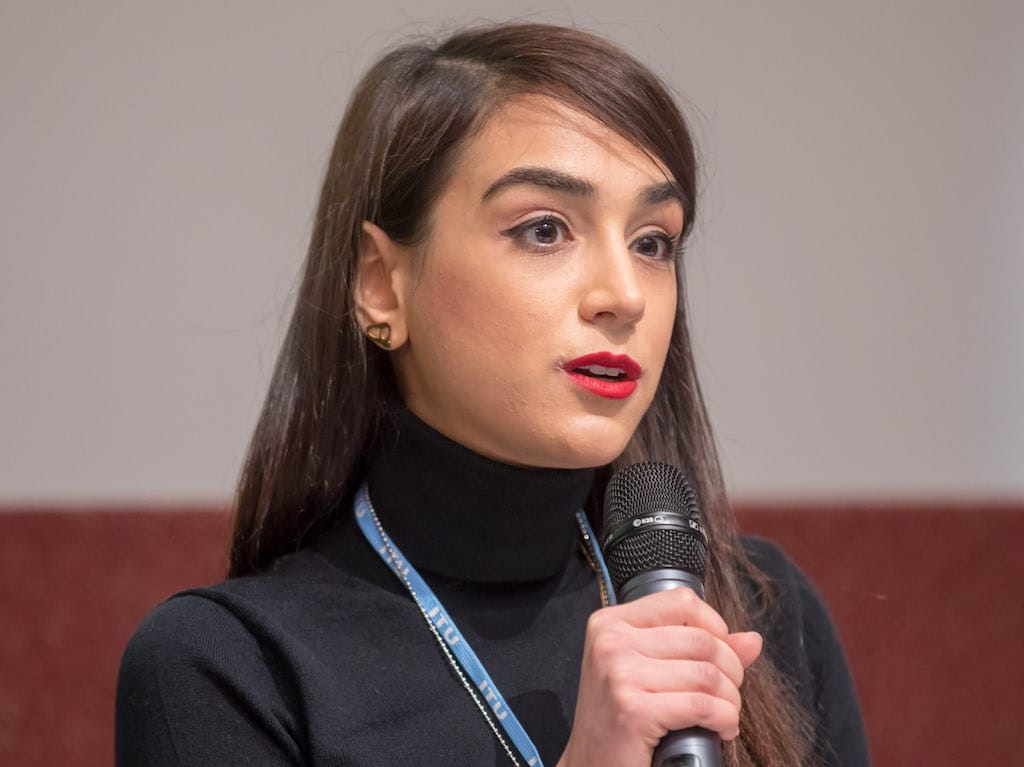Facebook is Failing Iranians, and Iran’s Leaders Are About to Launch a Censored Internet
Social media platforms are harming Iran due to their ignorance of Iranian culture and the nation’s primary dialects.

WASHINGTON, January 28, 2022 – A lack of cultural understanding by Facebook, Instagram, and other social media platforms is a prevailing reason for inaccurate content moderation in Iran, Middle East experts said.
Moreover, and they said, Iran’s proposed international internet replacement, the National Information Network, is dangerously close to coming into effect.
Speaking at a Thursday event of the Atlantic Council designed to draw attention to the current status of social media in Iran, a human rights expert said that Big Tech’s chronic misunderstanding of the Persian language leads to censorship of content that is either entertainment-based or posted by Iranian activists.
Panelists at the event also highlighted a new report “Iranians on #SocialMedia,” as the inspiration for the discussion.
Facebook “needs someone who actually understands what is going on on the ground,” claimed Simin Kargar, a human rights and technology research fellow at Digital Forensic Research Lab. Because the company don’t employ or contract with such people, said Kargar, the platform and its sister Instagram are inappropriately censoring posts in the country.
Because of the platforms’ negligence in understanding and adapting to local concerns, the Iranian people are not benefiting from the internet.
And – because Iran also heavily monitoring and censoring the internet within its borders, the Iranian people end up being hindered by the double-whammy of Iranian and Facebook censorship, Kargar said.
Iranian censorship and Facebook censorship
Mahsa Alimardani, a researcher with the human rights organization Article19, agreed that misconceptions due to language are a dangerous foe. She made this comment when asked what America can do to help and whether American sanctions have played play a part in the rise in content moderation.
All panelists at the event said that while American sanctions against Iran impact the internet in the country, they are not responsible for what is currently happening in Iran.
However, Alimardani also blamed Meta, the new corporate name for the company that runs Facebook and Instagram, for improper and excessive content moderation.
She said Facebook currently flag anything related to the Iranian guard after the Trump Administration created a list of dangerous people that should be restricted on social media. She disagreed that the Islamic Revolutionary Guard Corps should be listed as a foreign terrorist organization.
Is the National Information Network a new model for authoritarian regimes?
The National Information Network, the new censored internet that Iran is currently working to implement, had been planned to launch in March. Alimardani said she believes that the release will be postponed because of disagreements about who within the government will control content moderation, and the impact the firewall could have on Iranian tech companies.
Alimardani highlighted the unique nature of the Iranian law that created the national internet. Instead of being voted on by the Iranian Parliament, the legislative body deferred action on the creation of a permanent national internet only until after an experimental period with the firewall, she said.
Yet the government has been pushing its own online streaming and video platforms. These platforms are part of the government’s attempt to incentivize an Iranian national “internet.”
Throwing cheap broadband into a censored internet to sweeten the pot?
Essentially, said Kargar, the government is promising more bandwidth at a lower cost through the National Information Network. The new network is also appealing to Iranian consumers because the NIN will primarily be in the country’s major dialect.
Holly Dagres, a nonresident fellow with the Atlantic Council’s Middle East Programs and the author of the “Iranians on #SocialMedia”, also spoke on the NIN. She said it would take Iran back to the Middle Ages, and also limit communication with other Iranians and with the outside world.








